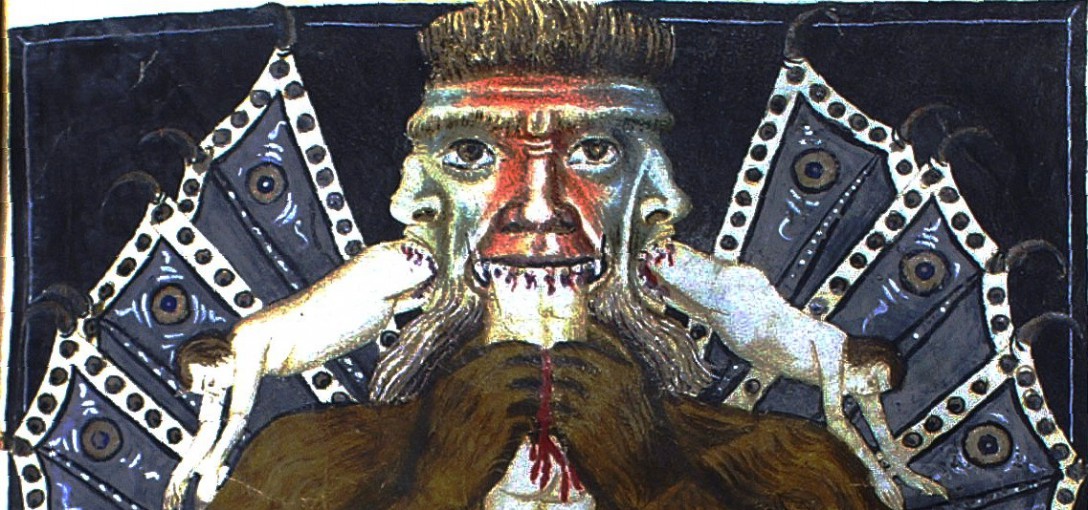You stand outside your Pop’s hospital door.
He’s dying – a tumour grew from the base of his neck, intertwined with his spinal cord till it got to his brain, and pulled out nerve endings one by one until someone noticed.
Pop loses half his sight, then taste, then the other half of his sight and most of his hearing. To talk to him now, you have to rest your cheek against his stubbled one and put your young mouth against his old ears.
You hesitate to enter – you’re late, as usual, but you know he won’t mind.
You know that when you enter, he’ll cry out “Is that _________?”, then he’ll ask them to leave you both alone.
Pop will be proud.
He’ll list your greatest achievements; things you didn’t know he knew and didn’t know he cared about.
He’ll apologise for all the jokes he made about you being late, and tell you he understands that it’s hard to make time when you’re as busy as you are. He’ll tell you that of all the relatives who came to see him, he was waiting for you, because you understand him. You’re the only one who did.
You never knew he felt this way, and you both begin to cry. He holds you tight enough so that you feel small again, like when you were young and he was younger and each of you loved the other more than anything.
Pop dies in your arms.
The others come back, they want to know his final words, they demand to know but you won’t tell them because they were for you alone.
You open the door to realise you’re late, as usual, but this isn’t usual and your mother is sitting next to an empty bed crying.
